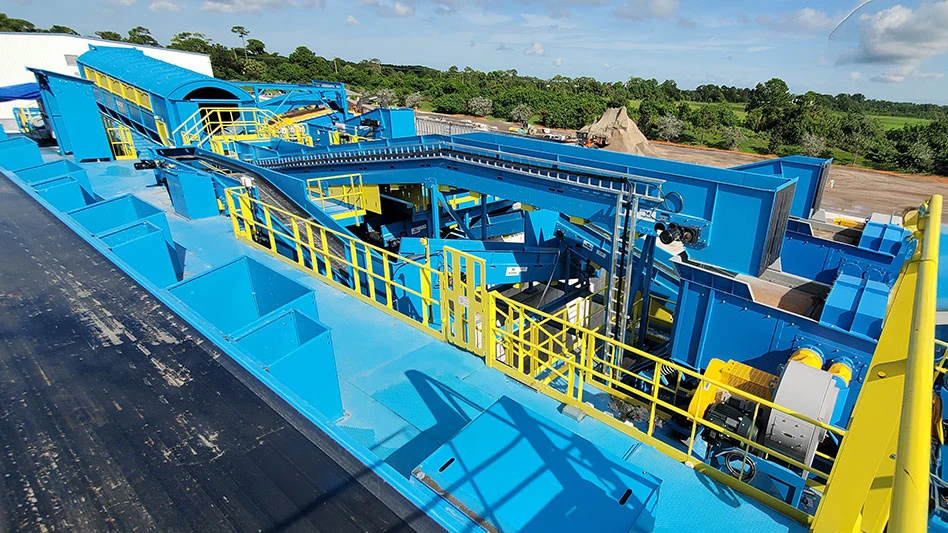Robert Tonetti of the U.S. EPA’s Office of Solid Waste addressed the need for environmentally sound recycling of electronics. He looked at the Environmentally Sound Management (ESM) criteria as established by the OECD (Organization for Economic Cooperation and Development); the EPA’s Plug-In guidelines; and the EPA’s proposed CRT Rule.
Tonetti said the OECD guidelines governing the shipment of hazardous components from the electronics scrap stream serve to “level the playing field.” The OECD treaty was designed to prevent developed countries from using developing countries as dumping grounds for their hazardous wastes. OECD countries should have a regular audit and inspection program in place for electronics recyclers, Tonetti said, with small facilities being inspected every three years and large facilities being inspected yearly.
The OECD is comprised of 30 developed countries. Its guidelines governing the shipment of potentially hazardous wastes from electronics—circuit boards, CRTs and batteries—encourage third party certification, Tonetti said. The OECD treaty affects domestic recyclers and importing facilities and its implementation is flexible based on the risk of materials operations, he added.
Tonetti said the OECD should encourage advanced technologies and provide incentives for implementation, encouraging exchanges between producers, generators and recyclers. He also said that importing facilities in developing nations must be optimized for reuse or material recovery in order to extract the maximum value from electronics and their components.
The EPA is encouraging the use of ESM and the OECD program, he said. The agency’s Plug-In program, which applies to circuit boards, CRTs, batteries and mercury- and PCB-containing equipment, encourages reuse, refurbishment and recycling, Tonetti said.
He added that recycling facilities need to have a license; an ESM or a written plan for risk management; worker and environmental protections; monitoring and record keeping; and a closure plan and financial guarantee.
The export guidelines of the EPA’s Plug-In program are pushing North American dismantling, Tonetti said. He added that the U.S. has no bilateral agreements with non-OECD countries and will not issue any. Therefore, no non-OECD countries should be accepting hazardous electronic scrap from the U.S., though many developing countries are not enforcing their obligations, he added.
Tonetti said the U.S. CRT rule, which he expects will be in effect before the end of 2004, would relieve domestic collection, transport and recycling of CRTs from RCRA (Resource Conservation and Recovery Act) requirements. He said the rule would also address the export of CRTs, making it likely to significantly impact poor export practices.
Lauren Roman of United Recycling addressed asset management opportunities and solutions during her presentation. She said that asset management customers want more than recycling, but also require logistics, resale, inventory, parts recovery and return and redeployment services. Additionally, companies are looking for donation opportunities, employee sales and real-time inventory access.
She described the logistics of asset recovery as the “greatest expense and biggest challenge.”
Roman said companies are looking to resale to pay for the portion of their equipment that cannot be resold. She added that testing of equipment intended for resale is very important to avoid exporting hazardous scrap.
Roman said electronics recyclers should audit their partners and avoid outsourcing to outsourcers. She said it is important to understand where everything goes and to audit any downstream processors used.
Latest from Recycling Today
- Greenwave raises revenue but loses money in Q2 2025
- Recycled steel prices hold steady
- EY says India’s need for scrap imports will continue
- Coming full circle
- Amcor, DCM introduce fertilizer packaging with 35 percent recycled content
- Comstock Metals gets closer to commissioning commercial-scale solar panel recycling facility
- Washington selects Circular Action Alliance as PRO
- Smurfit Westrock expands in Latin America





